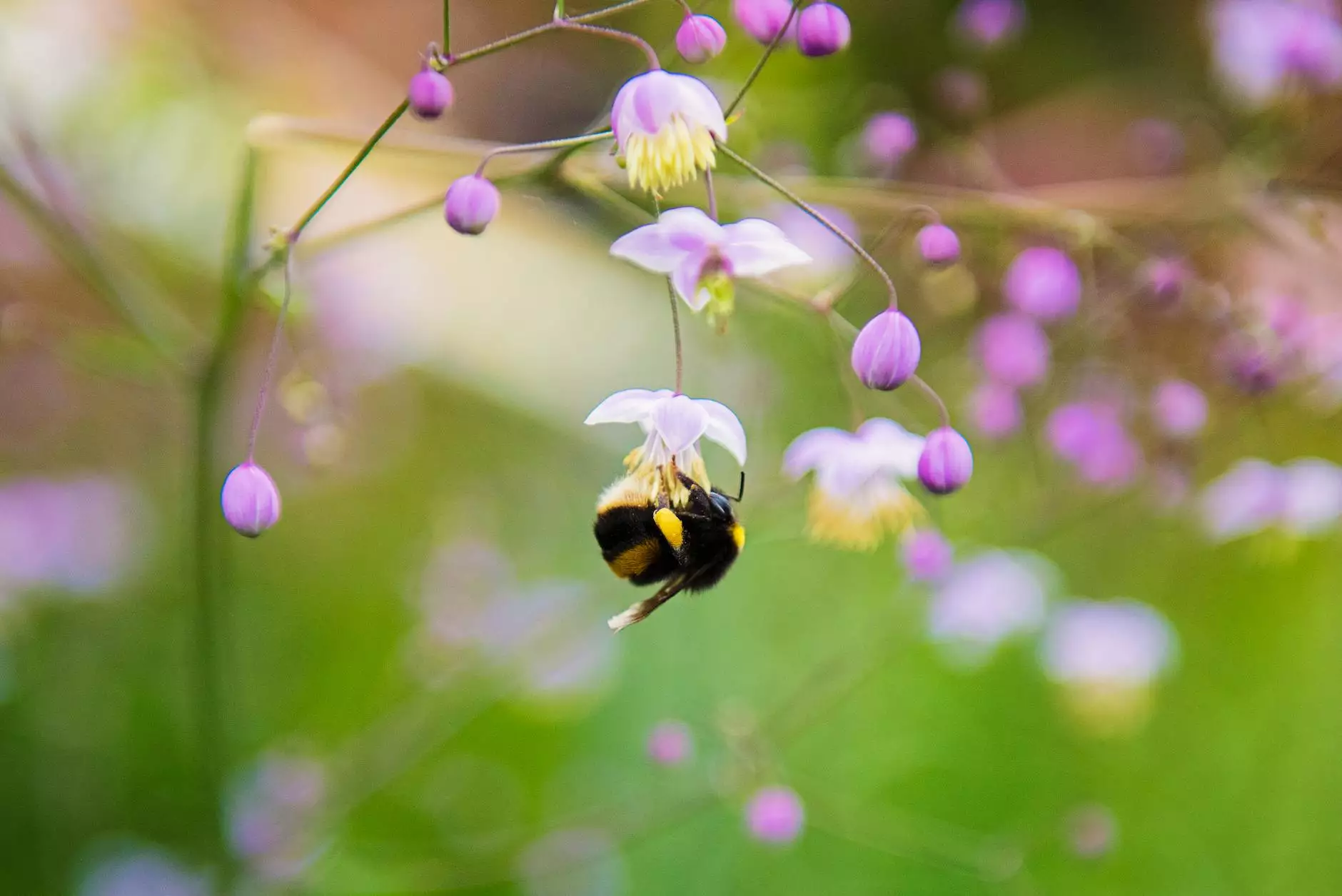The Intriguing World of Insects

La Historia Society: Community and Society
Introduction
Welcome to La Historia Society's exhibition on the intriguing world of insects. As part of our commitment to promoting knowledge and understanding of the natural world, we invite you to embark on a journey, exploring the remarkable diversity of insects and their role in our ecosystem.
The Importance of Insects
Insects are often underestimated and overlooked, but they play a crucial role in our daily lives. These tiny creatures are responsible for various vital ecosystem functions such as pollination, decomposition, and nutrient recycling. Without insects, our world would be dramatically different.
Exploring the Insect Kingdom
Let us delve into the extraordinary world of insects, where we encounter a wide array of species, each with unique features and behaviors. From buzzing bees and colorful butterflies to industrious ants and fascinating beetles, insects showcase incredible adaptability and survival strategies.
1. Pollinators
Insects, especially bees, are key pollinators for a majority of flowering plants. Their crucial role in plant reproduction ensures the continuation of various ecosystems and the production of many of the foods we consume daily.
2. Decomposers
When it comes to recycling organic matter, insects are at the forefront. They break down dead plants and animals, returning essential nutrients to the soil and facilitating the growth of new life. Without decomposer insects, our environment would struggle to maintain its delicate balance.
3. Predators and Prey
Insects exhibit a diverse range of interactions as predators and prey. Predatory insects, such as praying mantises and dragonflies, keep populations of other insects in check, preventing potential outbreaks. Understanding these complex relationships is key to maintaining ecosystem stability.
4. Ecosystem Engineers
Some insects, like termites, play a crucial role as ecosystem engineers. They create complex structures, such as intricate underground tunnels and mounds, which have significant impacts on soil composition and water drainage patterns.
The Extravagant World of Insect Adaptations
Insects have evolved incredible adaptations over millions of years, allowing them to survive in diverse and often challenging environments. Their adaptations range from remarkable camouflage and sophisticated mating rituals to defensive mechanisms that ensure their survival.
1. Camouflage
Insects have mastered the art of blending in with their surroundings. From stick insects mimicking twigs to moths resembling tree bark, their ability to camouflage is truly remarkable. This adaptation helps them avoid predators and increases their chances of survival.
2. Mimicry
Some insects have evolved to mimic other species, fooling predators into thinking they are toxic or dangerous. This behavior, known as mimicry, is seen in butterflies, beetles, and other fascinating insect groups.
3. Bioluminescence
A few extraordinary insects possess the ability to emit light, a phenomenon called bioluminescence. Fireflies are a classic example, using their glowing abdomens to attract mates or communicate with other members of their species.
4. Defensive Mechanisms
Insects have evolved an impressive array of defensive mechanisms to protect themselves from predators. Some species use toxic chemicals, while others rely on spines, stingers, or intimidating displays to ward off potential threats.
Conservation and Appreciation
Understanding and appreciating insects is crucial for their conservation and the overall health of our planet. By learning about their immense diversity and ecological importance, we can work towards preserving their habitats and ensuring their survival for future generations.
1. Sustainable Gardening
Gardening practices that incorporate native plants and provide suitable habitats for insects can have a positive impact on their populations. By creating a welcoming environment, we can encourage pollinators and other beneficial insects to thrive.
2. Education and Outreach
La Historia Society is dedicated to spreading awareness about the importance of insects. Through educational programs and outreach initiatives, we aim to inspire people to appreciate these extraordinary creatures and take action to protect them.
3. Research and Conservation Efforts
Scientists and organizations around the world are actively researching insects to understand their behaviors, ecological roles, and how best to conserve them. By supporting these efforts, we contribute to the preservation of insect populations and the ecosystems they inhabit.
Conclusion
The intriguing world of insects holds limitless wonders waiting to be explored. La Historia Society invites you to immerse yourself in this captivating journey, where you will discover their beauty, adaptability, and the vital roles they play in sustaining our planet's biodiversity. Together, let us embrace the incredible diversity of insects and work towards a future where these remarkable creatures thrive alongside us.










